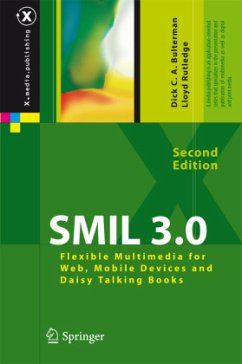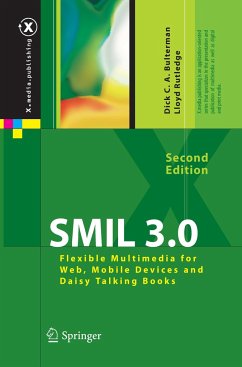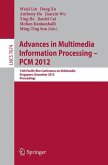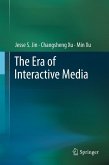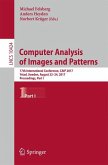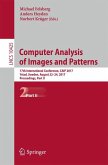SMIL 3.0: Multimedia for the Web, Mobile Devices and Daisy Talking Books is a revised introduction to - and resource guide for - the W3C SMIL language. It covers all aspects of the SMIL specification and covers all of SMIL's implem- tation profiles, from the desktop through the world of mobile SMIL devices. Based on the first version of the book, which covered SMIL 2.0, this edition has been updated with information from the past two releases of the SMIL l- guage. We have benefitted from comments and suggestions from many readers of the first edition, and have produced what we feel is the most comprehensive guide to SMIL available anywhere. Motivation for this Book While we were working on various phases of the SMIL recommendations, it became clear to us that the richness of the SMIL language could easily ov- whelm many Web authors and designers. In the 500+ pages that the SYMM working group needed to describe the 30+ SMIL elements and the 150+ SMIL attributes, there was not muchroom for background information or extensive examples. The focus of the specification was on implementation aspects of the SMIL language, not on the rationale or the potential uses of SMIL's declarative power.

